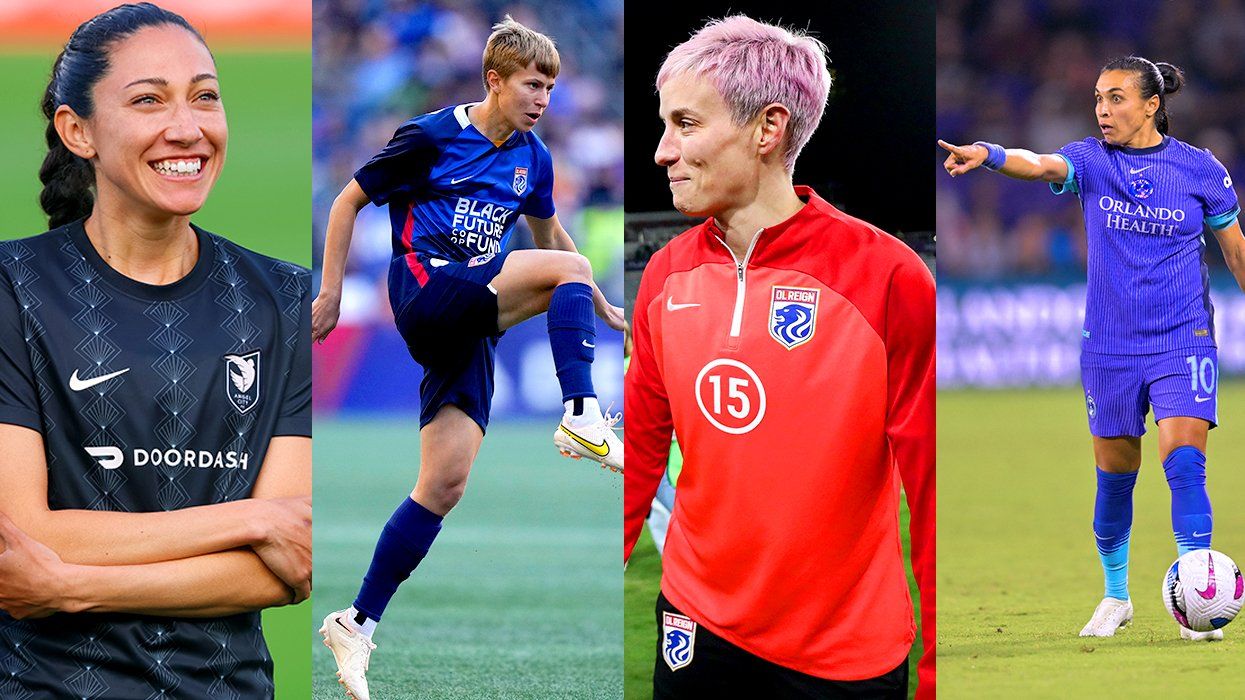New York-based singer-songwriter Julia Weldon might be the most soulful singer you've never heard of. The 30-year-old New Jersey native has been making East Coast audiences swoon for more than a decade with her heartfelt lyrics, and aching, tender voice. Weldon's forthcoming sophomore album, Light Is a Ghost, will debut later this summer, showcasing the out artist's depth with 12 tracks supported by a full band.
Don't miss your chance to meet Weldon in person, when she performs with her band — The Straits — at Washington, D.C. Pride on Saturday, and at New York City's The Bowery Electric Monday night. Find a full list of upcoming shows here.
SheWired caught up with Weldon before she embarked on a whirlwind spring tour, to talk about identity, history, and what it's like to be an out, genderqueer singer-songwriter in today's ever-changing musical landscape.
When did you start playing music? Did you grow up in a musical family, or was this something you discovered on your own?
I think I've always had melodies and musical ideas in my head, but I sang a bit as a kid and played trumpet a ton in middle school. My dad has always been a singer and has a beautiful voice. From a young age, I remember him singing to me, or just around the house — usually either to put me to sleep with a lullaby or to wake me and my brother up on a Saturday morning. [Laughs] My parents listened to a lot of Dylan, Traveling Wilburys, Joan Baez, classical, and Paul Simon in the car.
I discovered guitar and songwriting on my own though, yes. I picked up my parents' crappy garage-sale guitar from the '70s when I was around 12 years old, and was instantly drawn to it and wanted desperately to learn how to play better. I'm almost exclusively self-taught on the guitar, and started writing songs sort of out of adolescent angst-necessity when I was around 15. But I think the guitar was just the perfect outlet — I was waiting for to help get the songs in my head out into the world.
How do you identify in terms of sexual orientation and gender identity?
I've been gay for so long I feel straight, if that makes any sense! [Laughs] I came out when I was very young, at age 13, and definitely knew subconsciously even before that. Now I definitely identity with the term "queer" more than lesbian or gay. I think that's just a matter of preference and slightly political. In terms of gender identity, I feel proud to be a genderqueer and androgynous person in the world and in my music image. I think as opposed to being gender-neutral, I have extremes of both femininity and masculinity.
Have you run into any issues or pushback for being an out musician?
I haven't, luckily, run into any issues thus far for being out. I think that people respond to honesty about such things, but also I think that when someone is dedicated to producing honest and good quality music or art, other aspects of that person — such as sexual orientation or other private matters — become less important. It's not that they aren't important components of one's identity, because they are, but I always hope that my music and performance eclipse my sexual orientation.
All this said, being a queer role model is super-important for me, and I play for national organizations such as [the Gay, Lesbian, and Straight Education Network] and for queer college groups all over the country. But I think my queer activism is based in a politics of normalizing queerness, performing comfortably on stage and not explicitly discussing my gayness — just making it more about the music.
Are you worried about being pigeonholed as a queer artist?
I think all musicians have to fight that to some extent, and I am definitely interested in transcending boxes of sexuality, as well as the box that exists for songwriters. But I'm simultaneously so happy to be an out and proud musician who refuses to hide who I am for even a second. I can't really picture it any other way.
What would you say to queer youth who hope to make a name for themselves as singer/songwriters?
I would say be honest and write about what you know and feel. Be exactly who you are because people will respond to the truth that you project into the world. You are beautiful and you have a voice to be heard.
More on next page...
Your songs are so raw and emotional – it’s easy to connect with your lyrics. Where do you find your inspiration?
Thank you, I'm glad that you hear/feel the raw emotions of my songs. I find my inspiration in very personal things. I grew up acting as a child, and I think that raw emotion I learned to tap into just never went away. We all have our facades and defenses, but if I'm upset or emotional or feeling intense about something, it feels most natural for me to sit down and express and emote through the guitar and whatever words come to me. I think my songs are all stories, and people connect to that even when they're not linear; there's a story behind them. And I hope they are easily accessible because they're expressing universal things we all feel — pain, love, lost, hurt, ecstasy… I find lyrical inspiration in the world right around me, and inside me — in nature, people, feelings.
Writing for me is that balance of staying grounded but also taking risks. I remember reading Rilke's "Letters to a Young Poet" in college, and his ideas really resonated with me. He basically said write about what you know, write about the world around you, and the poetry will come. If you're not honest and try to write poetically about what you don't truly experience in some way, then you risk being lofty and detached and unreal. That's hard for an audience to connect with. So all this is just to say, I try and stick to writing what I feel and see around me.
Who are some of the artists who have most influenced you?
I'm influenced by a lot of artists! Elliot Smith, Ani DiFranco, Bon Iver, Dylan, and plenty of contemporary artists right now. But I will say that I think my style of songs might've come from not having a ton of influences in high school when I started writing. I was kind of obsessed with Elliot Smith and a few others, but my songwriting didn't develop from an over-saturation with other people's music and I think that enabled me to form my own sound.
What’s your favorite song to perform live, and why?
Good and hard question! I'm not sure I can answer that one in particular, but I will say that I'm a person of extremes. So I love playing my very rough and hard songs as well as my most quiet, soft, sad tunes. For instance there's this new super-sad, soft song I wrote in the fall called "Everybody Says" that people have responded very well to, and it's incredibly cathartic to perform the song live because it's so deeply personal and came from such hurt. It's powerful to play it live.
I find that music is so connected to memories - are there any songs that you can’t play anymore because they reopen old wounds? Or do you find that writing/playing music can be helpful in that healing process?
There are no songs that I can't play because they reopen wounds. If anything, the process of writing and playing the songs transforms the pain and wound into something else that makes the pain more palatable. But music is all about healing for me. Like I just mentioned, writing and playing my newish song "Everybody Says" has been incredibly helpful and cathartic in the process of getting past the pain of having to walk away from someone I was very in love with. The healing process is so layered with writing and performing. Sometimes I'm literally mid-song, and I learn something new, see the situation from a different angle, or am able to inject new meaning into a song I've sung hundreds of times. Some of the most powerful experiences I've had on stage have led me to have to hold back crying mid-song! Which is difficult, but moving and intense for everybody in the room.
What’s next for you?
Well, I'm about to release this awesome album Light Is A Ghost, that I'm so excited to share with the world because it's a huge creative deal to me. I'm playing so many shows this spring and summer and when I've received my Masters in Music from Columbia University in about a year, the plan is to quit my job (which is affording me an almost free MA) and do a grassroots national tour and just really hit the road, meet people, and play all over the country.
Light Is A Ghost is scheduled to come out this summer, and is a comprehensive 12-track album that I worked on with producer Saul Simon MacWilliams. He is an incredibly talented producer and took my songs and spun them into indie-folk-pop gold. I feel fortunate to have been able to put my songs in the hands of such a perfect producer. We worked very closely for almost two years and treated every song as its own separate world while also creating a cohesive sound for the whole album. This is not a singer-songwriter album, it is a versatile and fully orchestrated representation of my songs. The tracks range from quite subtle production with vocals and guitar to dancey pop rock with drums, bass, electric, synth, viola, keys, etc. I am endlessly proud of this album and so excited for the world to hear it.
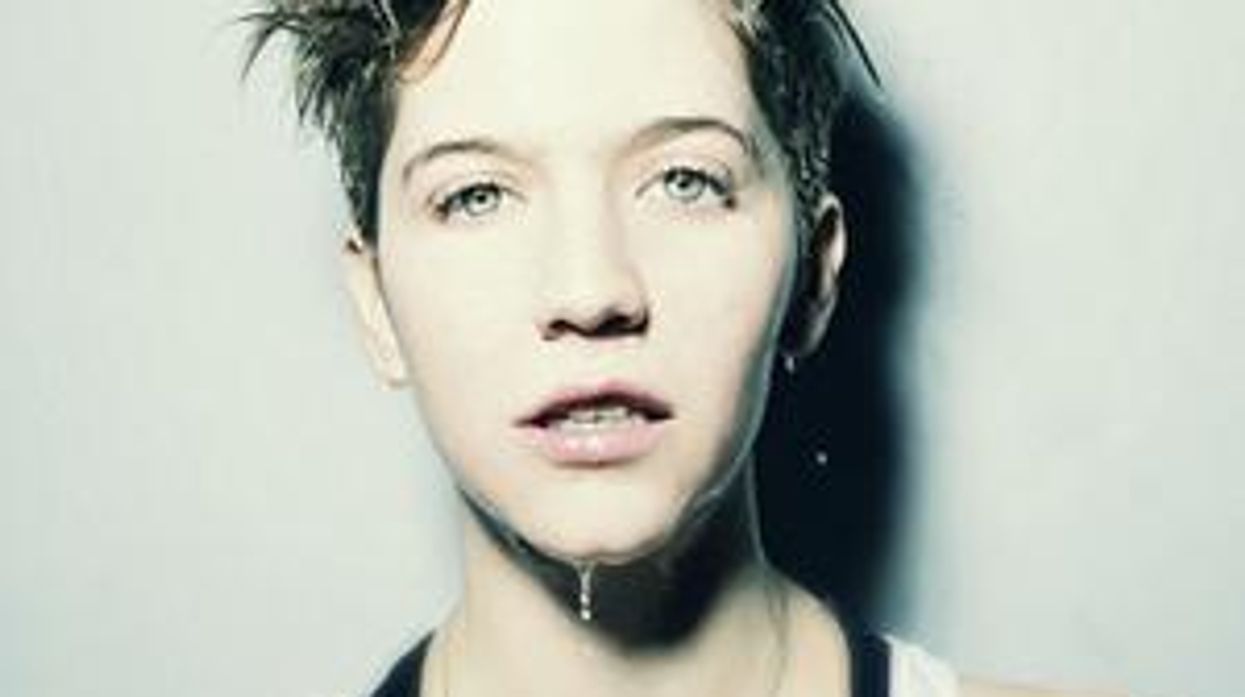














































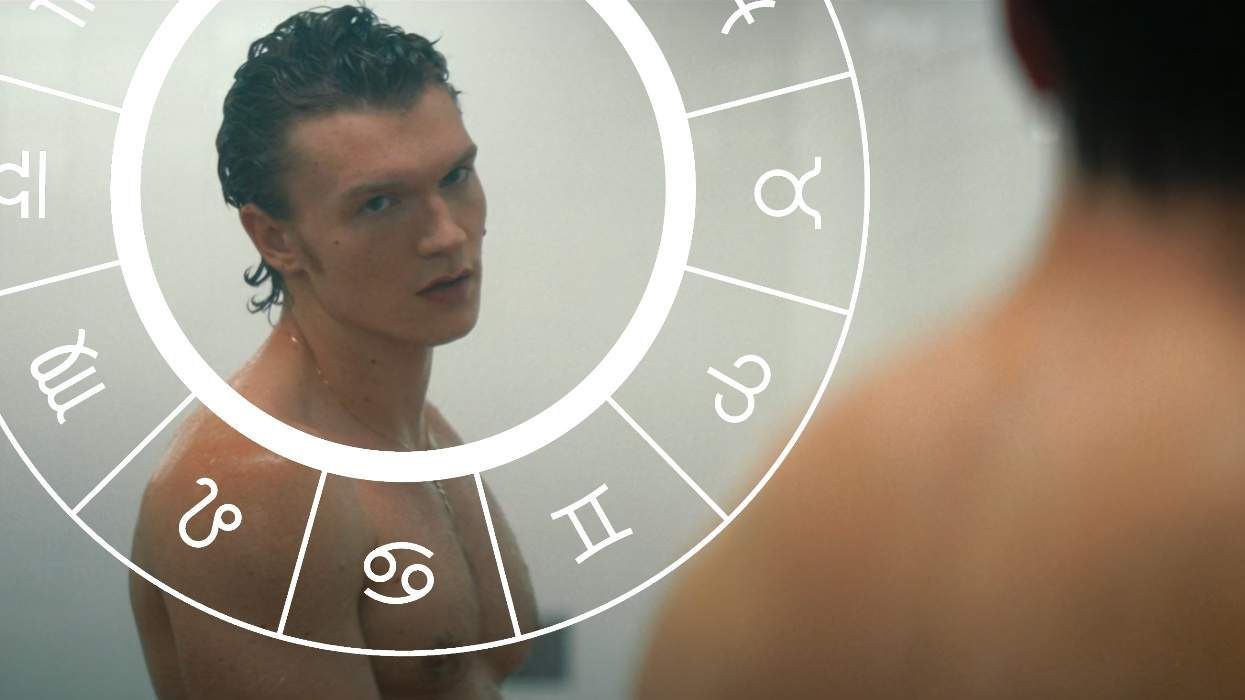


































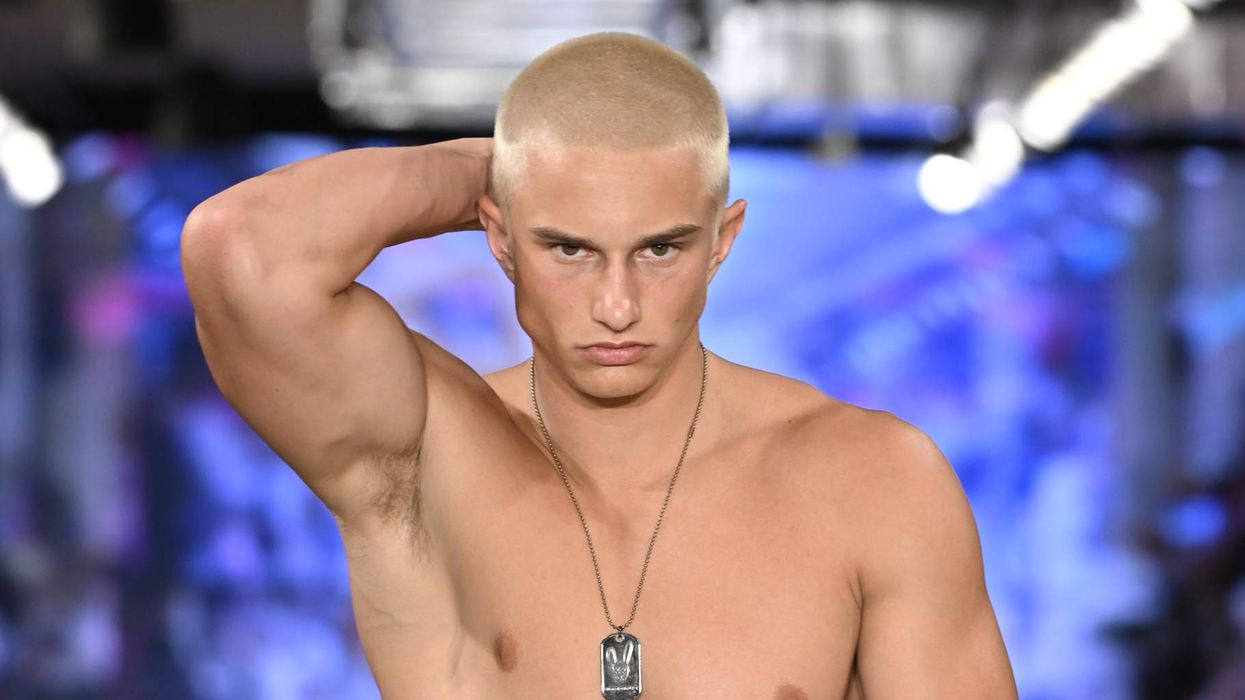

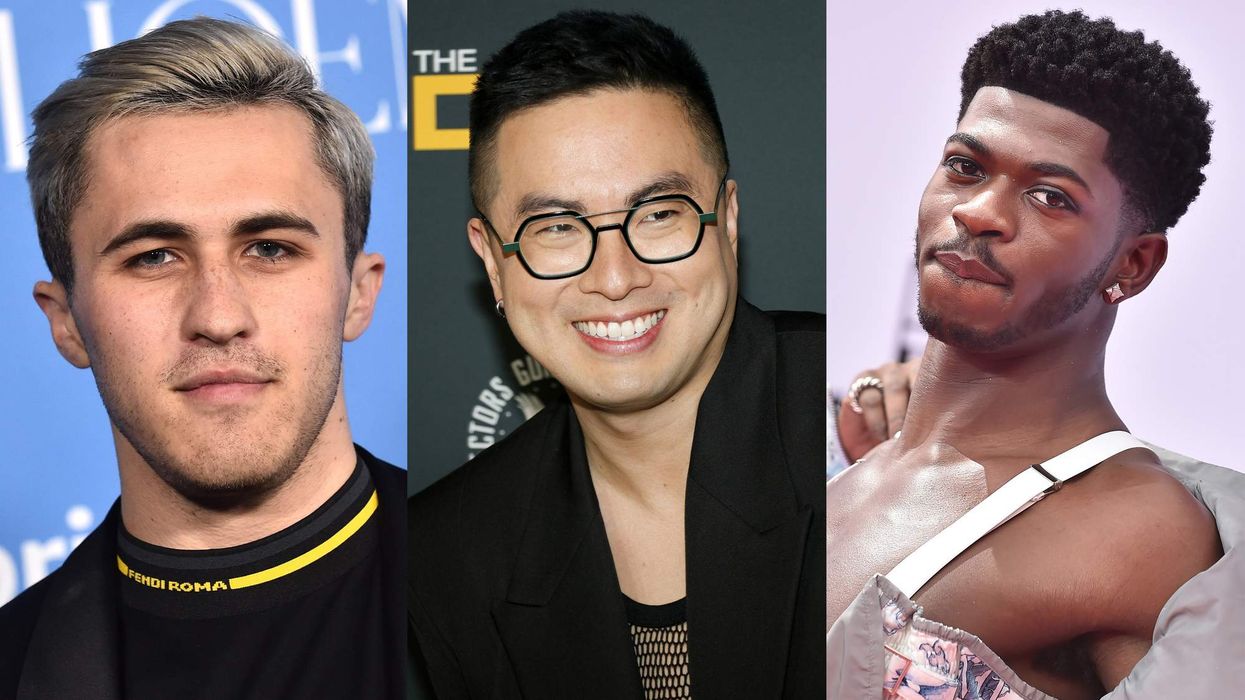


 Cindy Ord/Getty Images
Cindy Ord/Getty Images
























